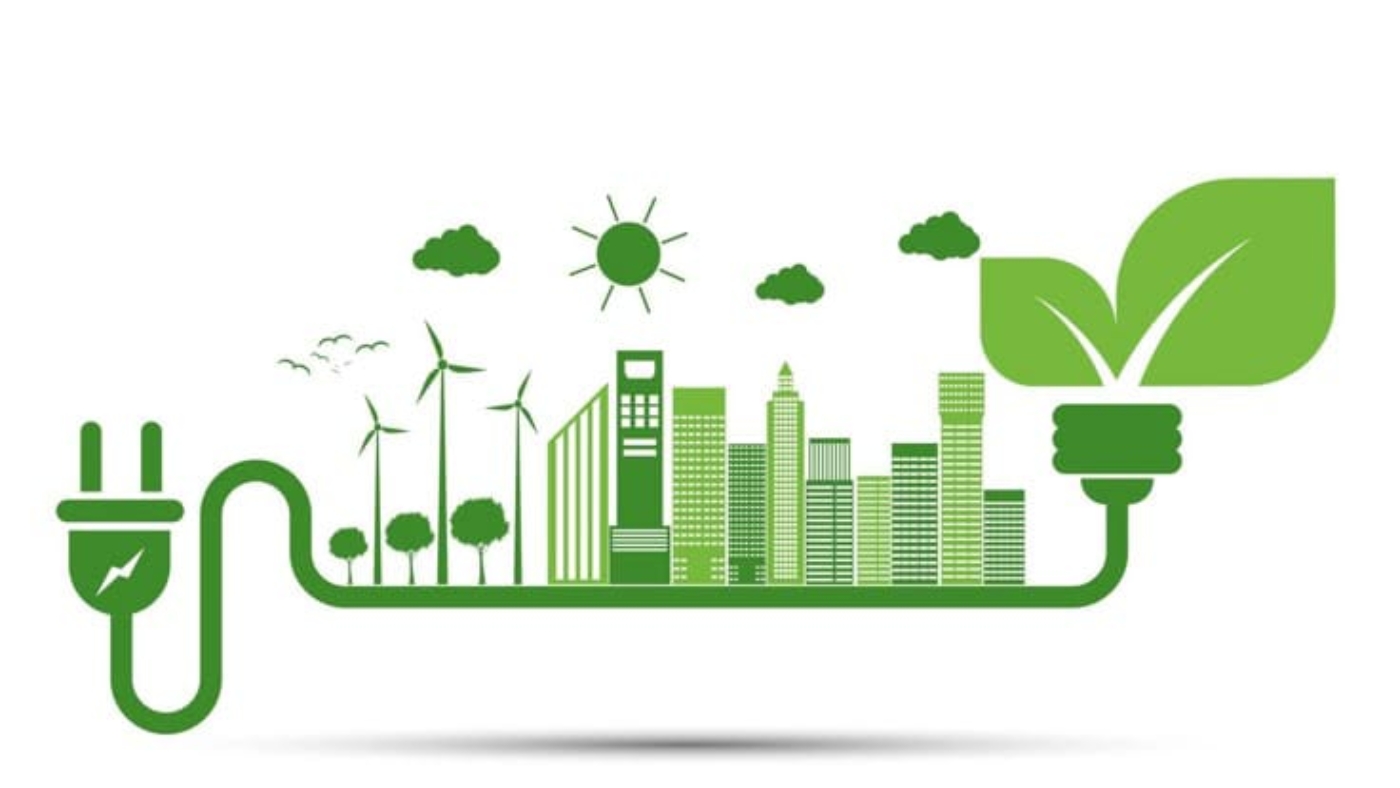Blue Hydrogen: A Bridge to a Clean Energy Future
What is Blue Hydrogen?
Blue hydrogen is a type of hydrogen fuel produced from fossil fuel sources (such as natural gas) through a process called CCS (Carbon Capture and Storage), where most of the resulting carbon dioxide emissions are captured and stored.
How is it produced?
- Steam Reforming: Natural gas reacts with steam under high temperature and pressure to produce hydrogen and carbon dioxide.
- Carbon Capture: Up to 90% of the carbon dioxide emissions from this process are captured before reaching the atmosphere.
- Carbon Storage: The captured CO₂ is transported and permanently stored in geological formations underground.
Why is it important?
- Cleaner Energy: Significantly reduces carbon emissions compared to conventional fossil fuels or gray hydrogen (produced without carbon capture).
- Transitional Bridge: Uses existing energy and gas infrastructure, facilitating the shift from fossil fuels to a green economy.
- Versatility: Can be used in sectors difficult to decarbonize, such as heavy industries (steel, cement) and heavy transportation.
Challenges:
- Cost: The carbon capture and storage process is expensive and increases production costs.
- Methane Leakage: Methane, a stronger greenhouse gas than CO₂, may leak during natural gas extraction and transport, reducing the climate benefit.
- Competition from Green Hydrogen: With declining renewable energy costs, green hydrogen (produced from water and renewable energy) may become the more sustainable option in the long term.
Conclusion:
Blue hydrogen represents a practical and immediate solution for emission reduction in the near term, especially in sectors difficult to electrify.
However, it serves as a bridge toward a hydrogen economy fully reliant on renewable energy (green hydrogen)—it is not a magic solution, but a transitional step toward a cleaner future.

 Cart is empty
Cart is empty 
Leave A Comment